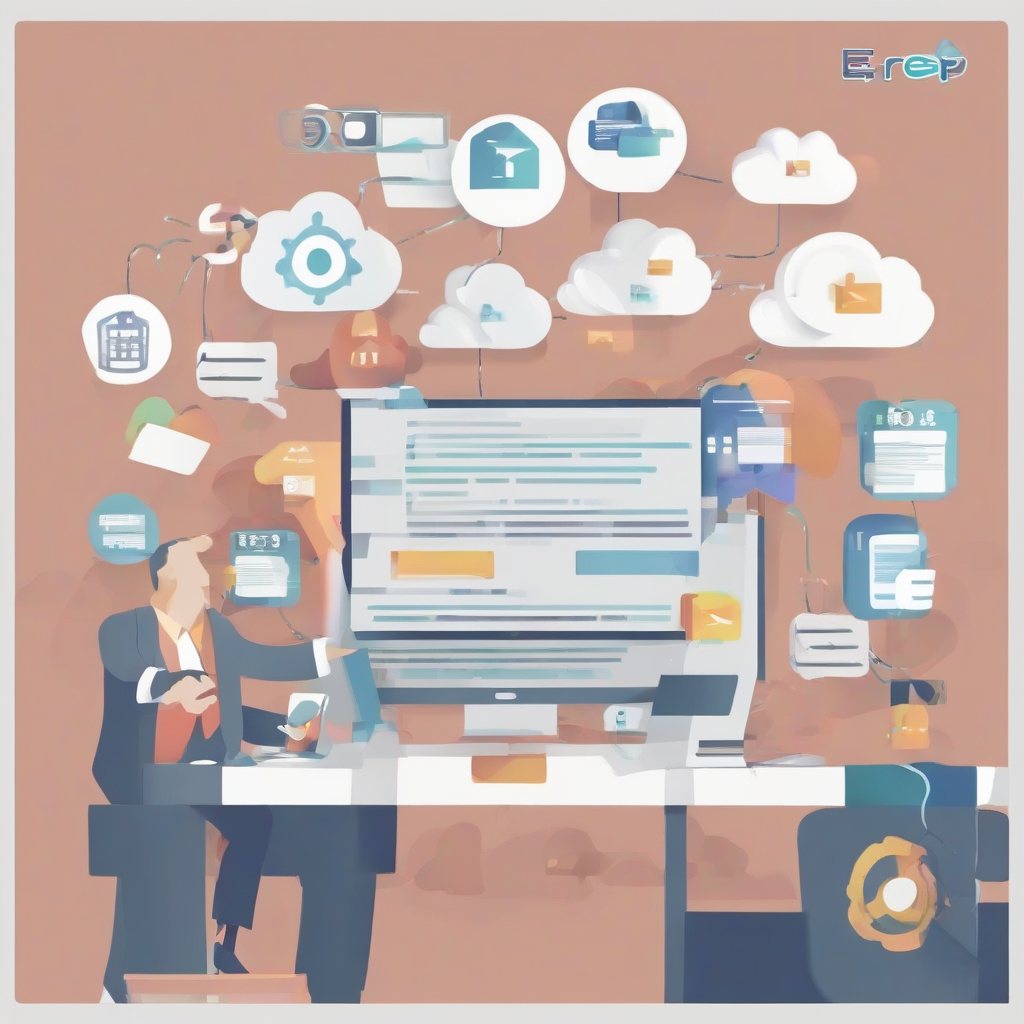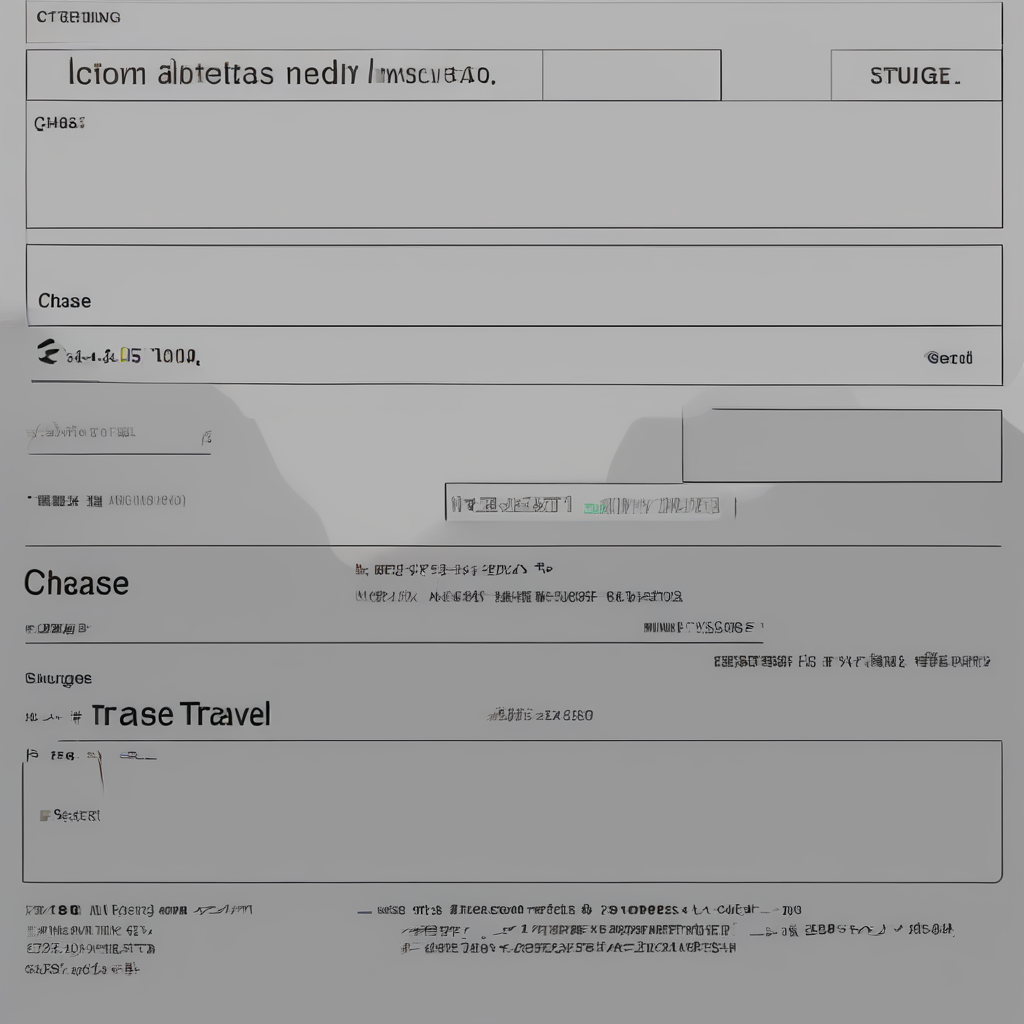Microsoft Dynamics 365 ERP: A Comprehensive Guide

Microsoft Dynamics 365 ERP: A Comprehensive Guide
What is Microsoft Dynamics 365 ERP?
Microsoft Dynamics 365 ERP is a comprehensive enterprise resource planning (ERP) solution designed to help businesses streamline their operations, improve efficiency, and make data-driven decisions. It is a cloud-based platform that offers a wide range of modules and functionalities to manage various business processes, including:
- Finance: Accounting, budgeting, financial reporting, and cash flow management.
- Supply Chain: Inventory management, procurement, production planning, and logistics.
- Sales and Marketing: Customer relationship management (CRM), sales automation, and marketing automation.
- Human Resources: Talent acquisition, payroll, benefits administration, and employee performance management.
- Project Management: Project planning, resource allocation, and project tracking.
- Customer Service: Case management, knowledge base, and self-service portals.
Benefits of Using Microsoft Dynamics 365 ERP
Implementing Microsoft Dynamics 365 ERP can bring numerous benefits to organizations, including:
- Improved Efficiency and Productivity: By automating tasks and streamlining processes, Microsoft Dynamics 365 ERP can help businesses operate more efficiently and productively.
- Enhanced Data Visibility and Insights: The system provides real-time data and reporting capabilities, enabling businesses to gain a clear view of their operations and make informed decisions.
- Better Customer Relationship Management: The CRM features of Dynamics 365 help businesses build stronger customer relationships, improve customer satisfaction, and drive sales growth.
- Improved Financial Management: The finance module provides tools for managing budgets, tracking expenses, and generating accurate financial reports.
- Enhanced Supply Chain Optimization: The supply chain management features help businesses optimize their inventory levels, improve procurement processes, and ensure timely deliveries.
- Increased Collaboration and Communication: Dynamics 365 fosters collaboration and communication among employees, departments, and external partners.
- Scalability and Flexibility: The cloud-based platform is scalable and adaptable to meet the evolving needs of businesses.
- Cost Savings: By automating processes and eliminating manual tasks, Dynamics 365 can help businesses reduce costs and improve profitability.
Key Features of Microsoft Dynamics 365 ERP
Microsoft Dynamics 365 ERP offers a comprehensive suite of features that cater to the needs of businesses across industries. Some of the key features include:
- Unified Platform: Dynamics 365 provides a single platform for managing all business operations, ensuring data consistency and seamless integration.
- Cloud-Based Deployment: The cloud-based platform offers flexibility, scalability, and accessibility from anywhere with an internet connection.
- Mobile Access: Users can access Dynamics 365 from their smartphones and tablets, allowing them to stay connected and manage their tasks on the go.
- Artificial Intelligence (AI): Dynamics 365 leverages AI to automate tasks, provide predictive insights, and enhance decision-making.
- Data Analytics: The platform offers powerful data analytics capabilities to help businesses analyze trends, identify patterns, and gain valuable insights.
- Customizability: Dynamics 365 can be customized to meet the specific requirements of businesses, ensuring it aligns with their processes and workflows.
- Industry-Specific Solutions: Microsoft offers industry-specific solutions for various sectors, such as retail, manufacturing, services, and financial services.
- Microsoft Ecosystem Integration: Dynamics 365 integrates seamlessly with other Microsoft products, such as Office 365, Power BI, and Azure.
Microsoft Dynamics 365 ERP Modules
Microsoft Dynamics 365 ERP comprises various modules that cater to different business functions. These modules include:
- Finance: This module covers accounting, budgeting, financial reporting, and cash flow management. It helps businesses manage their finances effectively and make informed financial decisions.
- Supply Chain: This module focuses on inventory management, procurement, production planning, and logistics. It helps businesses optimize their supply chain operations and ensure timely delivery of goods and services.
- Sales: This module provides tools for managing customer relationships, automating sales processes, and tracking sales performance. It helps businesses build strong customer relationships and drive sales growth.
- Marketing: This module offers features for creating and managing marketing campaigns, analyzing marketing performance, and engaging with potential customers. It helps businesses reach their target audience and generate leads.
- Service: This module provides tools for managing customer service inquiries, resolving issues, and providing support. It helps businesses improve customer satisfaction and build loyalty.
- Human Resources: This module focuses on talent management, payroll, benefits administration, and employee performance management. It helps businesses recruit and retain top talent and ensure a motivated workforce.
- Project Management: This module provides tools for planning, executing, and tracking projects. It helps businesses manage projects effectively and deliver results on time and within budget.
Implementation and Deployment
Implementing Microsoft Dynamics 365 ERP involves several steps, including:
- Planning and Assessment: This stage involves defining business requirements, identifying key stakeholders, and assessing current systems and processes.
- Configuration and Customization: The system is configured and customized to meet the specific needs of the business, including defining workflows, reports, and integrations.
- Data Migration: Existing data from legacy systems is migrated to Dynamics 365.
- Training and User Adoption: Users are trained on how to use the system, and support is provided to ensure smooth adoption.
- Testing and Go-Live: The system is thoroughly tested to ensure functionality and stability before it is launched.
- Ongoing Support and Maintenance: After implementation, Microsoft provides ongoing support and maintenance to ensure the system remains up-to-date and performs optimally.
Choosing the Right Microsoft Dynamics 365 ERP Solution
When choosing the right Microsoft Dynamics 365 ERP solution, businesses should consider:
- Business Needs and Requirements: Identify the specific business processes and challenges that the ERP system should address.
- Industry: Consider the industry-specific solutions offered by Microsoft Dynamics 365.
- Company Size and Growth Plans: Choose a solution that can scale with the business as it grows.
- Budget: Determine the budget for the implementation and ongoing maintenance costs.
- Implementation Partner: Select an experienced implementation partner who can provide guidance and support throughout the process.
Conclusion
Microsoft Dynamics 365 ERP is a powerful solution that can help businesses streamline their operations, improve efficiency, and gain a competitive edge. By leveraging its features and capabilities, businesses can enhance data visibility, optimize processes, and make data-driven decisions to achieve their goals.
What's Your Reaction?

















